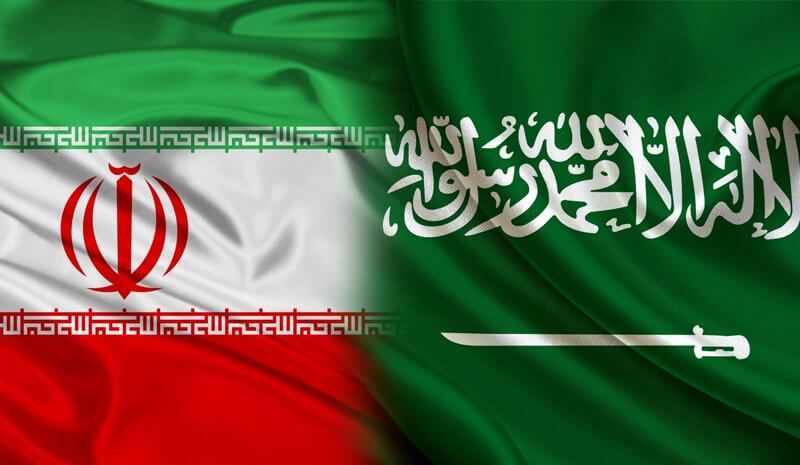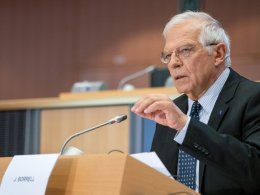Saudi Arabia and Iran, whose diplomatic relations formally ended January 2016, supposedly held a direct meeting in Iraq last week to discuss easing regional tensions, as first reported by The Financial Times Sunday.
The meeting, allegedly held April 9 in Baghdad, was described as “low-level” by an Iranian official and was confirmed by two other regional sources.
If true, the meeting could hold significant implications for the regional power balance between Iran and Saudi Arabia.
“Saudi Arabia is in a much weaker position under the Biden Administration, which has delisted the Houthis as a Foreign Terrorist Organization and is eager to re-enter the nuclear deal with Iran,” Director of Clarion Intelligence Network Ryan Mauro told The Foreign Desk.
“At the same time, the Biden administration and Congress are much less supportive of the Saudis’ military campaign in Yemen and Saudi Arabia,” said Mauro, referencing the highly controversial 2018 murder of journalist Jamal Khashoggi as reason for this weakened support.
Saudi Arabia has so far denied meeting with Iran, while Iranian officials have not yet confirmed or denied the reports.
Since news of the meeting broke, Iran’s foreign ministry has said Tehran is now open to direct talks with Saudi Arabia.
The reported talks were heavily focused on the ongoing conflict in Yemen, which has turned into a proxy war between the Iranian-backed Houthi rebels and a Saudi-led coalition supporting the Yemeni government.
“Perhaps the most overlooked aspect [of the talks] is that [they] were facilitated by Iraqi prime minister Mustafa al-Kadhimi, which is encouraging because it shows some sign that regional leaders are taking responsibility for regional challenges,” said national Tea Party movement co-founder Michael Johns, a former White House speechwriter and Heritage Foundation foreign policy analyst to The Foreign Desk.
“This was always former President Trump’s vision for how the region would best function following our withdrawal from Afghanistan, Iraq, and Syria, and this is a preliminary indication that Trump was on target with this,” said Johns.
The talks also addressed the terrorist organization Hezbollah’s growing threat to the Persian Gulf States in Lebanon, according to a regional source.
Hezbollah, an Iranian proxy, poses a significant threat to Israel through its missile and rocket arsenal, which has made it “the world’s most heavily armed non-state actor,” says the CSIS Missile Defense Project.
If the U.S. relationship with Saudi Arabia continues to shift under the Biden administration, the Saudi government may be pressured to recalibrate relations within the region to account for this newfound insecurity.
“If the security situation and Western pressure prevents foreign companies and tourists from coming to Saudi Arabia…MBS [Crown Prince Mohammed bin Salman] could face massive upheaval and potentially even lose power,” explained Mauro.
Reports of the alleged talks come as the U.S. continues to pursue diplomatic relations with Iran’s government to revive the 2015 nuclear deal, which Saudi Arabia openly and adamantly opposes if changes are not made to the original deal due to its failure to address Iran’s destabilizing behavior in the region.










